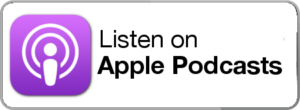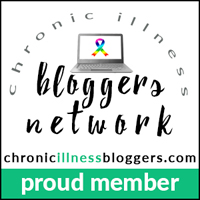I was way into Self-Management before I knew anything about the term. My earliest memory of being in touch with how my body felt and trying to do something about it was in college. I’d spent most of my childhood feeling bloated after meals. I did love my mother’s cooking but dinner was the heaviest meal of the day and usually included some type of meat. I thought feeling like a beached whale was normal.
In college I still ate meat but started to take a little more control of my diet. I often had stomach problems in addition to the bloat. Half way through college I stopped eating beef. A few years after that I gave up chicken and fish. I finally gave up turkey when I moved to the west coast about 20 years ago.
Becoming vegetarian wasn’t easy but I did it gradually. My impetus was to feel lighter and have fewer stomach upsets. It probably would have been much more difficult if I hadn’t lived in northern California where most restaurants have at least one vegetarian option. I enjoyed cooking for many years and that made it easier too.
Rather than look for an antacid or some other pill to cure my bloat and icky feelings, I experimented with my diet. There were times when friends and family were less than supportive but I knew I was on to something. A few years after I gave up beef I was at my parent’s house for dinner. My mother insisted I eat some of the brisket. I ate a little, after all I had no problems with the taste of meat. That evening I felt the heat move through my system. It was truly palpable. I didn’t get sick but the feeling wasn’t comfortable. I never ate beef again.
Self-management is a set of behaviors to help a person manage their own illness. According to health researchers Lorig and Holman, there are five essential self-management skills that apply to people dealing with chronic health conditions.
- The first skill is basic problem-solving where several potential solutions to a problem can be generated and evaluated for the best option.
- The second skill is decision making. Chronically ill people face decisions on a daily basis, often because they are dealing with unpredictable health changes. Having adequate and timely knowledge helps with this process.
- The third self-management skill is resource utilization. This refers to any type of community or health resource that helps someone manage their health condition.
- Forming a partnership with a health care provider is the fourth self-management skill. Since a chronic health condition is not acute, a unique type of relationship can be fostered with health care providers.
- The final self-management skill is taking action by setting attainable, short-term goals.
Like I said, I knew nothing about self-management 20-something years ago when I started to change my diet. I didn’t even know I had a genetic disease. But I felt strongly about feeling good and doing it in a way that was healthy and made sense.





Hi Leslie! You are getting acupuncture form me as I type! I love your blog. Very informative with a great personal touch. Have a wonderful time in Germany! -Laura